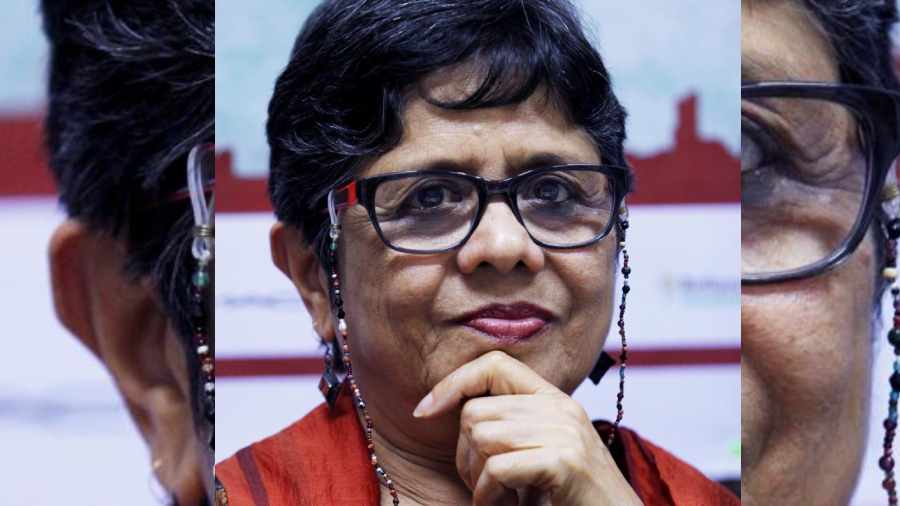Two unrelated headlines of the week had their impact on the entertainment industry in Mumbai.
One was the same-sex marriage petition in the Supreme Court. While progressive minds welcomed the idea of a change that would benefit the LGBTQ community, some had personal interests.
In the public domain is the fact that veteran actors Amol and Chitra Palekar’s 53-year-old daughter Shalmalee, an erudite professor who teaches post-colonial literature at the University of Western Australia, came out as lesbian 30 years ago, after she graduated from St. Xavier’s College in Mumbai. Her parents had given her unwavering support.
Though Amol doesn’t dwell on it in public, it is well-documented that Chitra not only unhesitatingly accepted her daughter’s sexuality but also read up on it to better understand the gay community and went on to start Sweekar: The Rainbow Parents — for parents to accept and support their gay children wholeheartedly and have free-flowing conversations amongst themselves, with a code of silence that nothing would be repeated outside the group.
While Shalmalee has always been a celebrity kid who did her own thing, choosing a field that had little to do with her parents’ profession, she has also been protective of her personal space. Yes, she’s a lesbian, yes, she’s been with the same partner for longer than most hetero marriages, but the rest of her life is off-limits.
In Australia, ever since the referendum of 2017 gave all adult Australians the right to marry without being determined by sex or gender, the Marriage Act of 1961 was updated to allow for marriage equality. Chitra feels that something similar could be done in India too.
She wasn’t interested in the religious rites of a marriage. She felt all that was needed was a bit of tweaking in the Special Marriages Act. “Like replacing words like ‘man’ and ‘woman’ with a word like ‘spouse’ that’s not gender-specific,” she remarked over the phone from Australia.
For equality without discrimination, marriage was necessary in India because of certain rights it gave the spouse. As Chitra pointed out, if for instance a partner was hospitalised, the laws that allowed a spouse to be beside the patient and take decisions didn’t extend to gay relationships.
But having said that, neither Chitra nor Shalmalee endorses marriage in any relationship. “No one in my family believes in marriage,” Chitra said succinctly. Fortunately in Australia, live-in couples have the same rights as married couples. So if two gays have been in a relationship for a certain period, they have the same rights as any married couple, without discrimination on any front.
Avoiding using the word “normal”, Chitra said that life for Shalmalee in Australia is as it should be. Happy, and like any other family.
Meanwhile, the shooting of two gangsters in the presence of the Prayagraj police sent a signal to Mumbai to beef up Salman Khan’s security. Even earlier, the threat to his life was so palpable from the Lawrence Bishnoi gang that he could attend the trailer release of Kisi Ka Bhai Kisi Ki Jaan only after the auditorium had been sanitised by security personnel. The murder happened four days later. With the shooters telling the police that they were inspired to become big-time gangsters like Bishnoi, security around Salman was further tightened. So, when he came for a meet-and-greet with the media on Tuesday, two cars with gun-toting security men preceded and followed his car, hopping off their vehicles and throwing a cordon around him before his car came to a halt. There was a moment of consternation when cameramen needed to take pictures.
After the Atiq Ahmed murder, photographers are looked at warily. Once the vetted photographers clicked his pictures, the security relaxed a wee bit and Salman began a delightfully informal banter with the media. Picking up a mike, he joked, “Mike se dar lagta hai.”
And what’s it like dealing with all this security? “Better than dealing with insecurity,” he wisecracked, swag intact.
Bharathi S. Pradhan is a senior journalist and author











